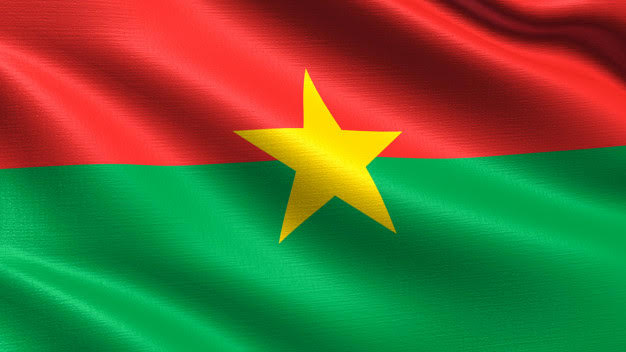
Burkina Faso’s economic history is defined by a long-standing dependence on subsistence agriculture and livestock farming, forming the backbone of livelihood for the majority of its population.
This reliance on basic agricultural activities has historically rendered the economy vulnerable to a range of internal and external challenges.
Among the most pressing of these challenges is the country’s highly variable rainfall, which directly affects crop yields and livestock health, making food security precarious year after year.
In addition, poor infrastructure—particularly in transportation and energy—continues to hinder economic expansion and the efficient distribution of goods and services.
Burkina Faso’s landlocked geographical position also limits its access to international markets, thereby compounding the difficulties of economic diversification and trade competitiveness.
Being resource-dependent, the country’s economy leans heavily on the export of agricultural products—especially cotton—and minerals, with gold being the standout contributor.
However, this heavy dependence on exports makes Burkina Faso’s economy highly susceptible to global price fluctuations, especially in commodities.
These price swings can have far-reaching impacts, affecting both national revenue and the livelihoods of millions of smallholder farmers and miners.
The economy is further challenged by the persistent threat of droughts and other climate-related adversities, which disrupt agricultural cycles and undermine food production.
Political instability and insecurity, including the rise of terrorism in various regions, have also had a profoundly negative impact on economic performance and social development.
Such instability not only deters foreign investment but also disrupts essential services, including education and healthcare.
Despite these difficulties, Burkina Faso has recorded modest economic growth in recent years, with notable gains in the mining sector.
Gold mining, in particular, has emerged as a significant contributor to the country’s GDP and export earnings.
This sector has attracted substantial foreign investment, driving not only revenue but also infrastructure development in some mining regions.
The government of Burkina Faso actively encourages foreign investment in other sectors as well, including agriculture, banking, transport, and telecommunications.
To maintain economic stability, Burkina Faso benefits from its membership in the West African Economic and Monetary Union (WAEMU), which offers advantages such as regional integration and a common currency.
Still, the country faces numerous sector-specific challenges that continue to limit its development trajectory.
In agriculture, cotton remains a major export crop, but the sector is highly sensitive to droughts and fluctuations in global cotton prices.
Efforts to modernize agriculture are often slowed by the lack of irrigation systems, market access, and technological advancements.
The mining sector, while lucrative, faces criticisms related to environmental sustainability and the protection of workers’ rights.
Concerns over the ecological impact of mining activities and inadequate labour standards have raised questions about the sector’s long-term viability and ethical grounding.
Meanwhile, a significant portion of the population operates within the informal sector, engaging in small-scale trading, unregistered labour, and microenterprises.
This dominance of informal economic activities presents major challenges for tax collection, regulatory enforcement, and formal economic planning.
Poverty remains a pressing issue, with a large share of Burkina Faso’s citizens living below the poverty line despite ongoing development initiatives.
Various government and donor-led poverty reduction programs have made some headway, but widespread and deep-seated poverty continues to limit human capital development.
Education, a key pillar of development, has seen improvements in enrollment and literacy rates, yet progress is stymied by recurring insecurity and attacks on schools, especially in rural areas.
The country’s dependency on foreign aid to finance much of its development and social programming adds another layer of complexity, potentially leading to over-indebtedness and a lack of self-sustained economic autonomy.
Burkina Faso’s future economic prospects depend on its ability to navigate these intersecting challenges while capitalizing on its natural resource wealth and regional partnerships.
With deliberate efforts in infrastructure development, climate resilience, good governance, and inclusive growth, Burkina Faso holds the potential for a more prosperous and stable economic future.














